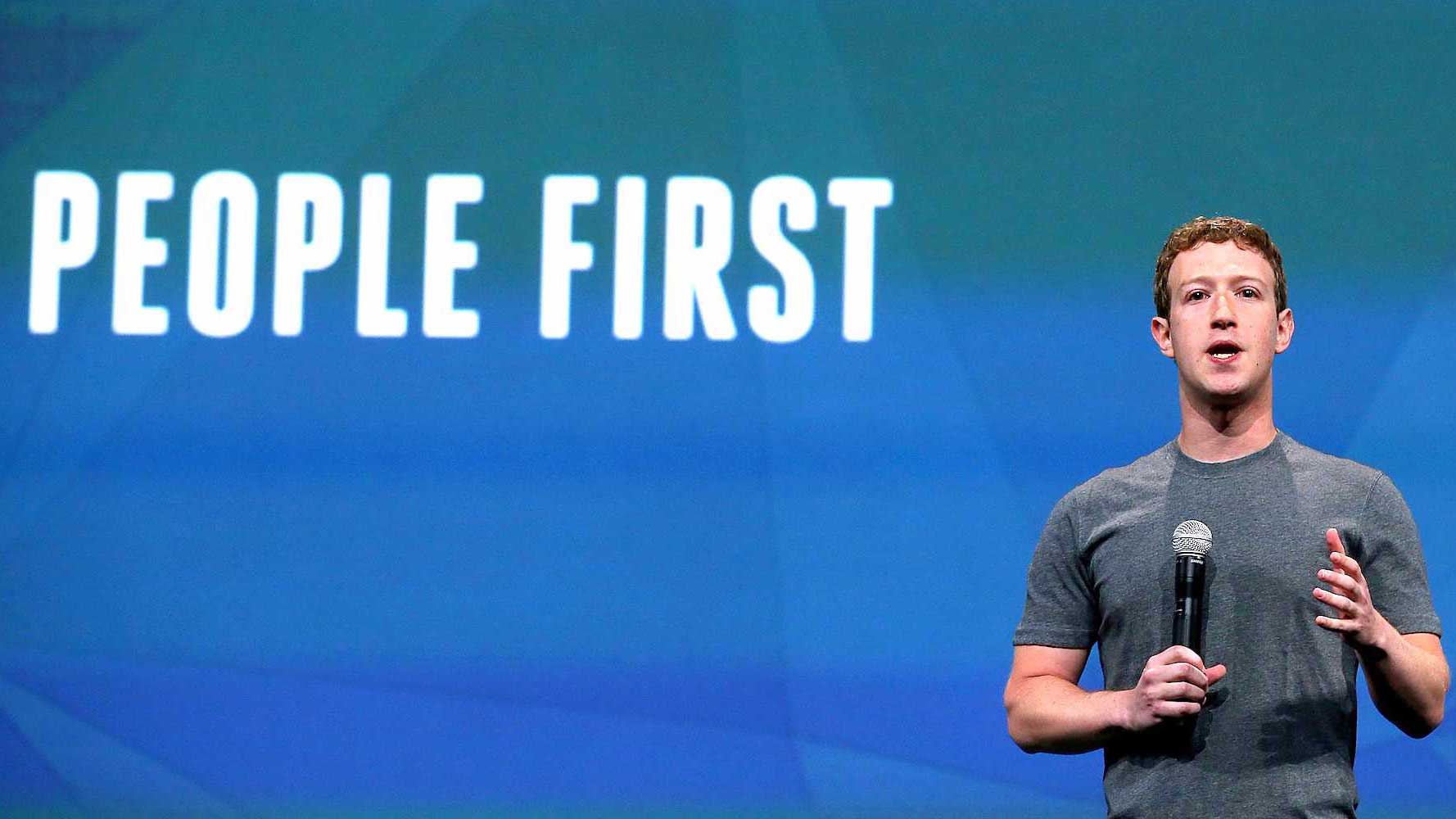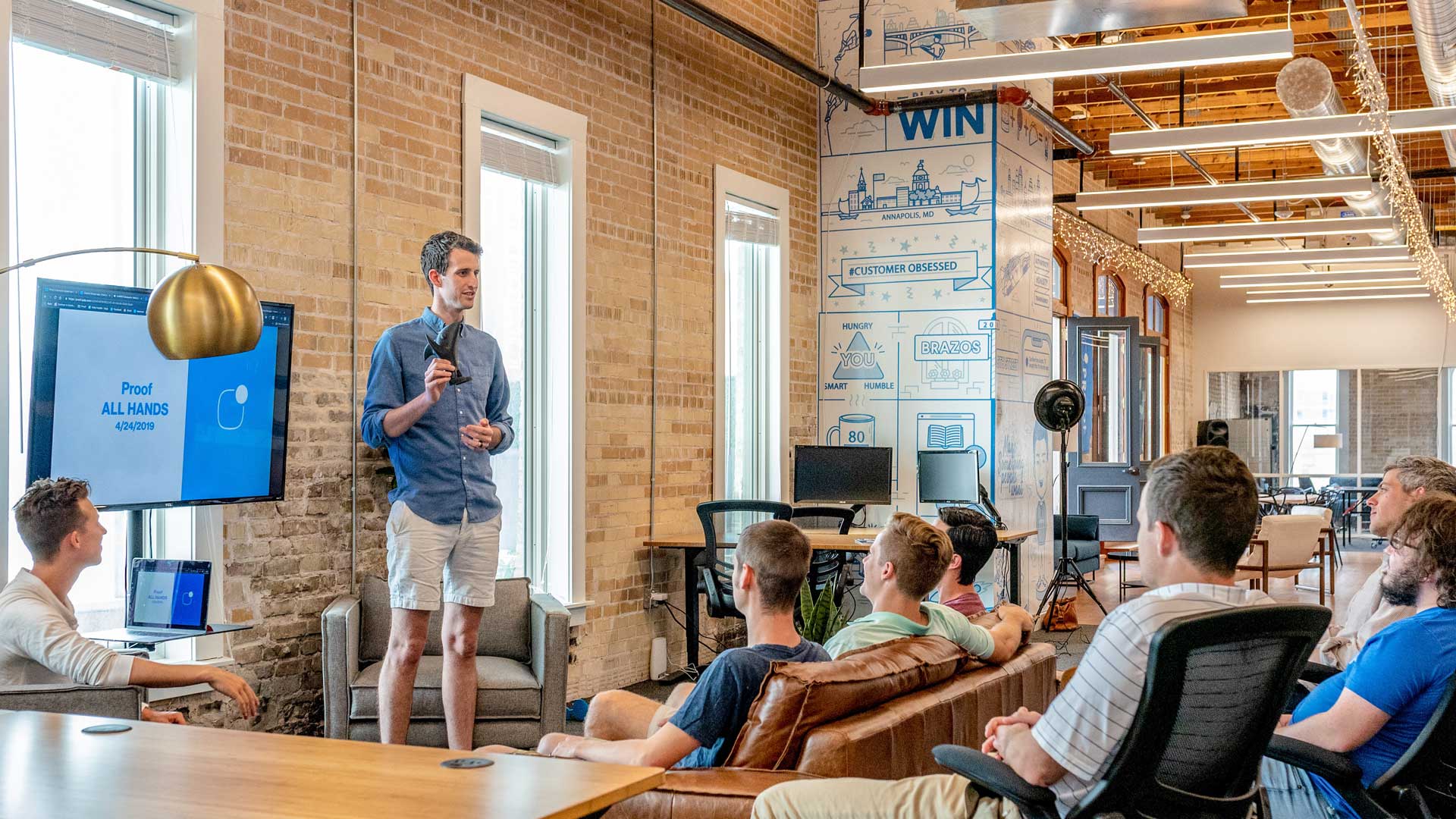Flexibility, professional growth and ethics: Millennials have a clear idea about their world of work
Millennials are shaping the future of work. With their “smart” approach, resolution, problem solving skills and dynamism they are working their way up the job ladders to those higher positions inside both large and small companies alike, adapting them to a more modern style of work as they do.
Millennial ethics and social values in the workplace

Being extremely aware to the current day ethical issues and often active in the social sphere, Millennials put their moral values above all else and believe a company should do the same putting by respecting their employees. The “personal” touch is crucial to Millennials, when it comes to choosing a job Millennials pay particular attention to a company’s beliefs and values and if they adhere to these values in regards to their treatment of their employees.
Deloitte highlights how, in 2017, 56% of Millennials refused a job offer due to a mismatch between the company’s mission and their ideals. While 49% hadn’t completed certain tasks due to them being viewed as unethical.
Millennials have clear ideas – for working matters. They generally believe in developing individuals more than pure profits: according to them, satisfied employees and trustworthy leadership are the foundation for efficient work structures. This younger generation is gaining ever more importance in the world of work and it’s crucial that companies understand their priorities in order to meet their expectations.
Let’s take a closer look to understand the Millennial work priorities:
1. Learning and mentorship

Professional growth is a priority for Millennials both professionally and personally. Career advancement motivate this generation to learn as much as possible from their working experiences. According to PwC’s studies, 52% of them are more appealed by job positions with learning opportunities rather than economic incentives.
The “thirst for knowledge” leads them to accept different challenges and reach their goals with the resources a company provides. That’s why a lot of brands are open to training sessions and digital courses in order to make themselves appealing to the younger generation. 35% of Millennials aspire to be included in professional development programs.
Millennials also feel the necessity to have a mentor inside the company who is able to convey knowledge to them when needed and stimulate their minds in order to keep them developing during their time at the company. This way leaders can quickly learn the values and talents of their new hires, and on occasion gratify or introduce new stimuli.
2. Technology driven generation

Millennials are the masters of technology, as well as the ones responsible for many of the IT (Information Technologies) skills inside todays companies.
This generation shows a spontaneous and natural affinity towards technology and online platforms; however, they haven’t forgotten the importance of the offline dimension and human interaction between colleagues and clients.
Technological skills improve multitasking, many Millennials have extra work through second or third jobs in order to earn more money, without compromising on their life/career goals which is possible thanks to developments like email or social media platforms.
3. Work flexibility
Millennials feel comfortable when they work in spaces that differ from that of the traditional office. It seems that their productivity grows if they work from home or inside coworking spaces, where they can sit on sofas and armchairs, or stay inside phone booths/unformal workstations.
Remote work is one of their favorite activities. It stimulates them, keeping them focused on the task: that’s why they also need flexibility in the way they work. However, Millennials can become overwhelmed with work at times and because of their sense of duty and responsibility, they many times renounce to their free time in order to accomplish their tasks.
Recent studies highlight how Millennials are afraid of asking for holidays and usually try to find some “me-time” during business travels. Deloitte found that 42% of “Working Martyrs” (people who think that never taking a pause can positively impress their boss) are present in this generation.
4. Balancing work and self-care
Many of Millennials are freelancers and solopreneurs thanks to their entrepreneurial spirit and strength of will that pushes them to start successful businesses.
Cooperation and coworking spaces are fundamental for these startups, and to that end its important that a space has a balance between its working areas and its relaxation and break areas allowing for its patrons to have a place to destress and socialize, a balance that every Millennial tries to achieve both at home and in the workplace.

Wellbeing is another matter of importance for companies to keep a watchful eye on: in Los Angeles, Workspace Oasis is devoted to young creative individuals as well as aspiring freelancers. Meditative sessions are commonly held along with healthy lunches in order to maintain a high level of personal wellbeing. Continuing with our look at wellbeing, in Seattle there is a coworking space aimed towards women, The Riveter, offering activities such as yoga classes. They pay particular attention to “working mamas” with spaces and people able to take care of their children while they’re working.
It’s clear that Millennials make up a substantial percentage of the current workforce and that companies need to meet their expectations in order to attract and retain them. They must guarantee smart working programs and give them free time along with personal and professional flexibility. Brands must additionally respect their ideals, invest in professional growth paths and organize training courses in order to develop their employee’s skills.
